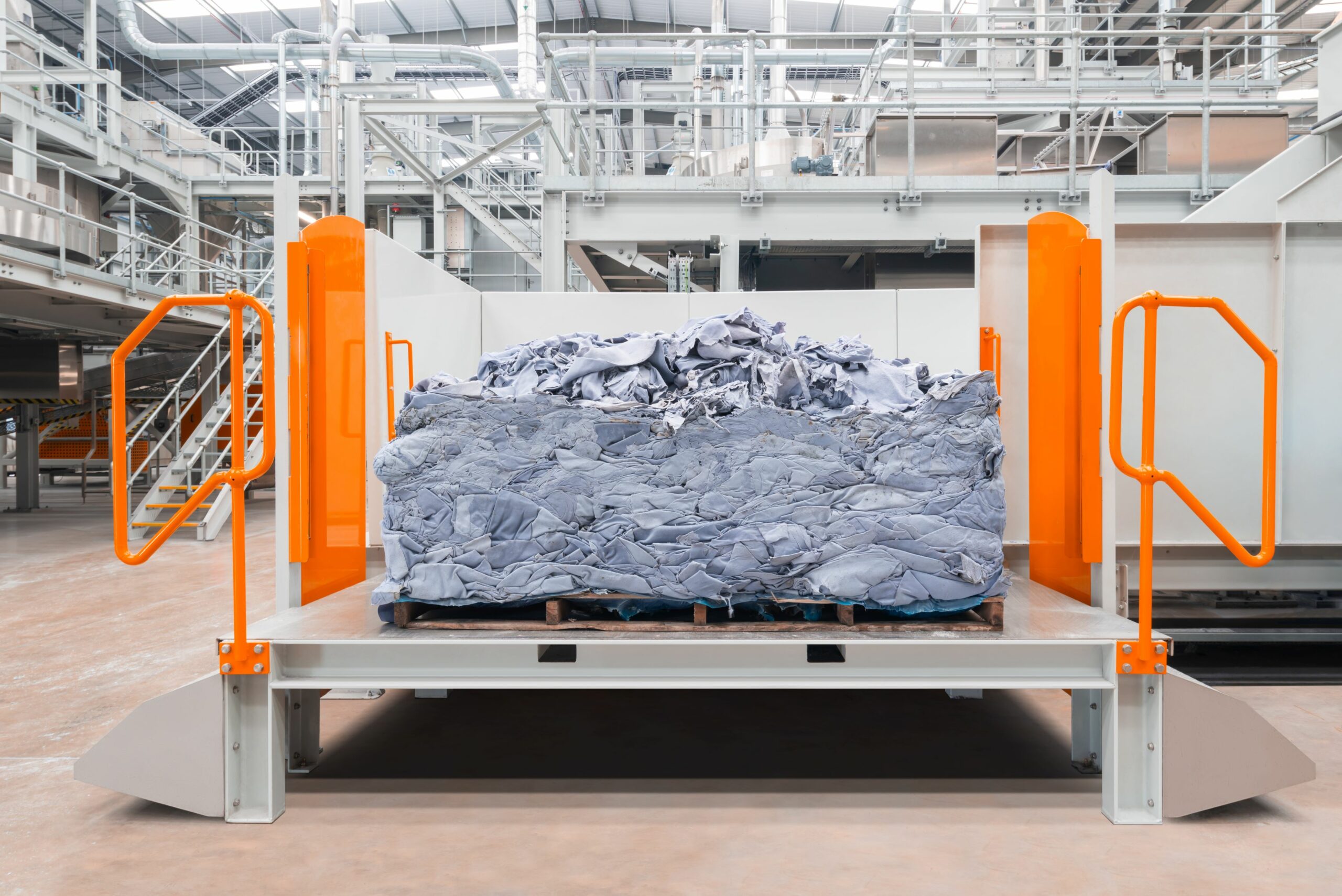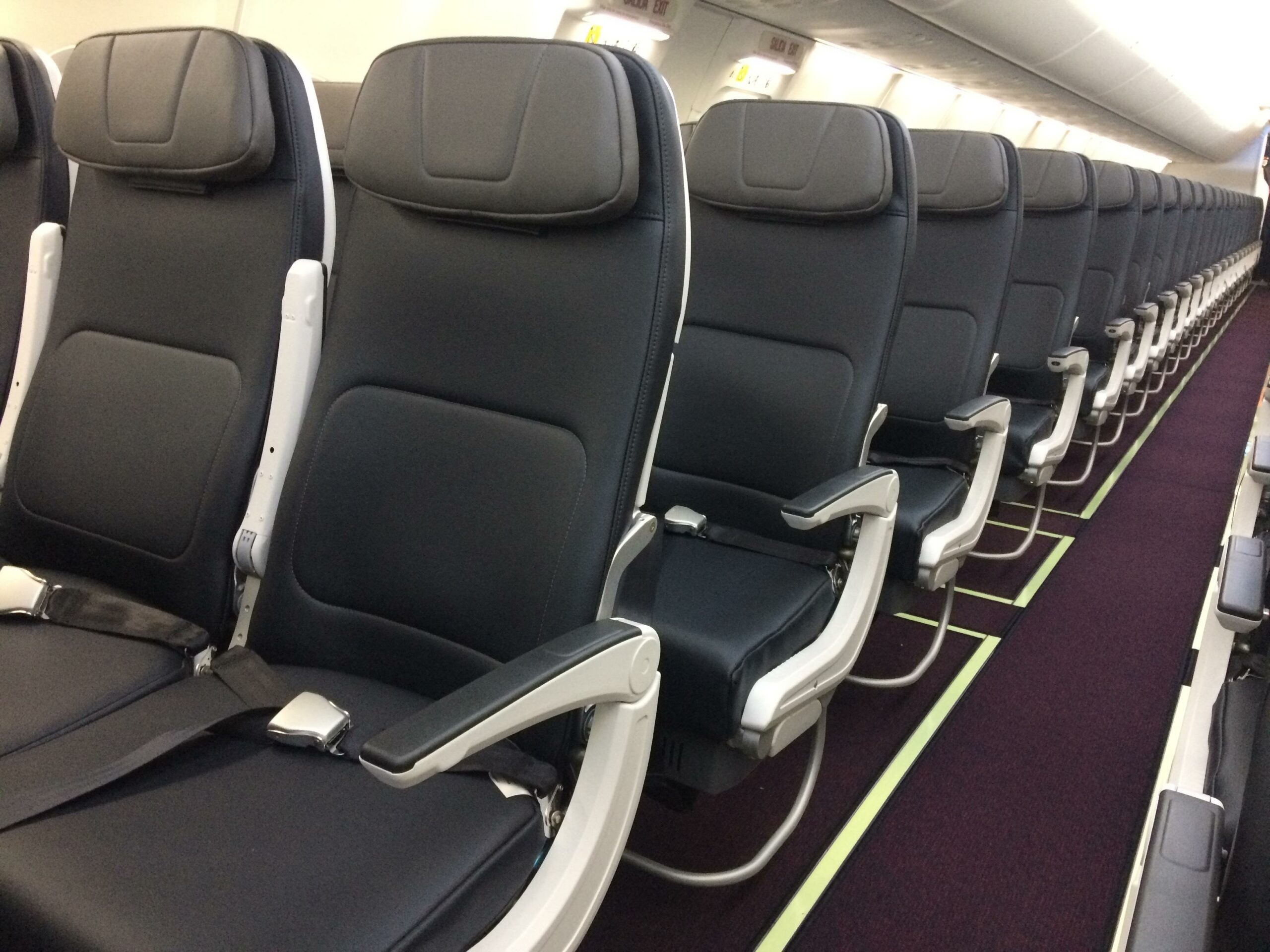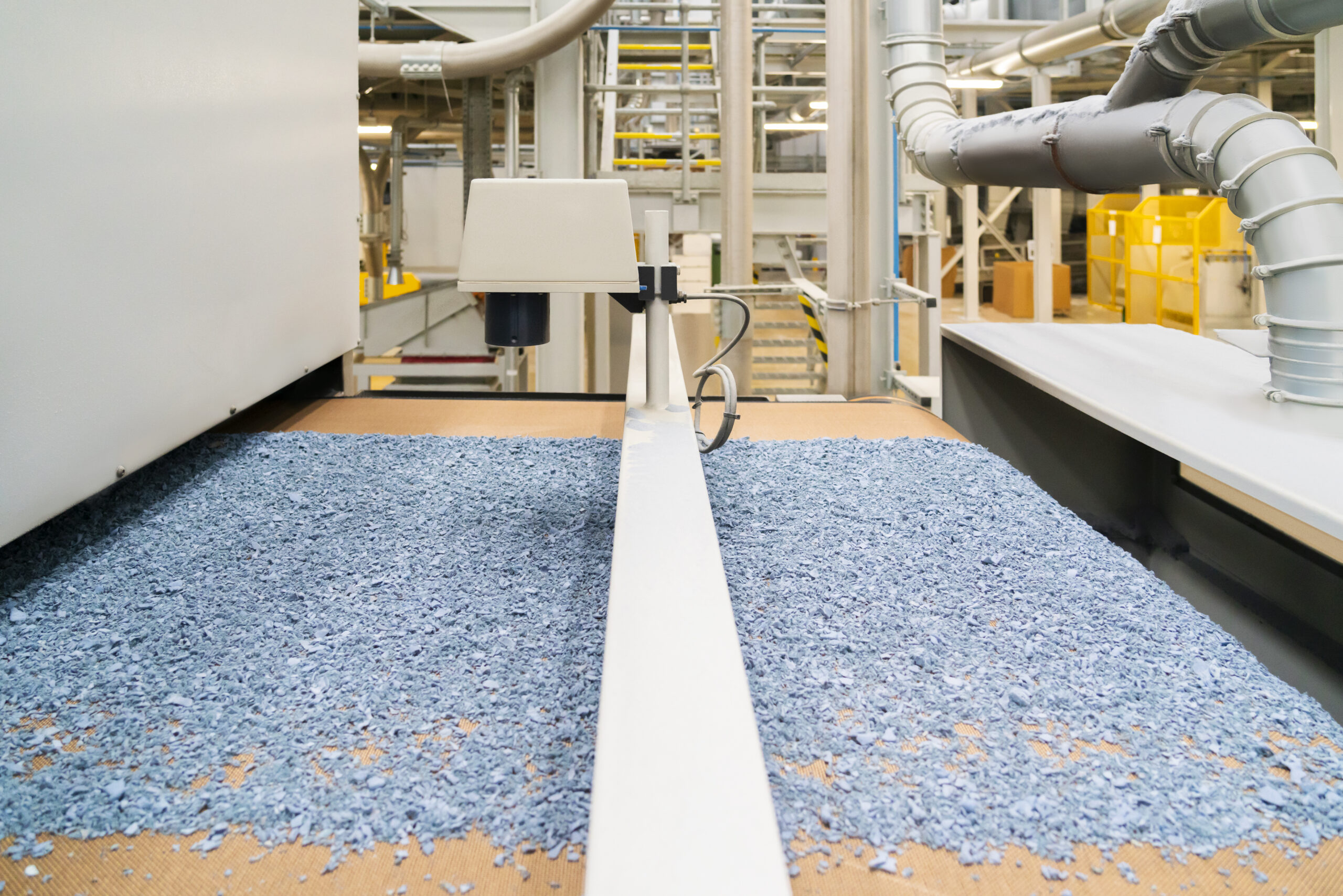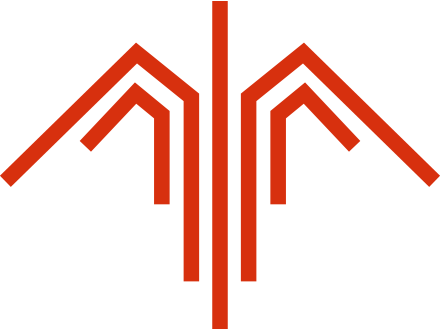
Fresh from its rebranding to Gen Phoenix, the UK-based company formerly known as ELeather is looking to incorporate other waste streams in addition to leather offcuts as raw materials for its products, and to offer an end-of-life solution to recycle used airline seat covers and keep them out of landfill.
The new name follows an $18 million investment earlier this year from private equity fund Material Impact, along with bootmaker Dr Martens, luxury fashion specialist Tapestry and InMotion Ventures — the venture capital arm of Jaguar Land Rover.
“As part of that whole investment we showed them the technology roadmap we’ve been working on, which takes us beyond just leather to use in our process,” Gen Phoenix chief commercial officer Nico den Ouden tells Runway Girl Network. “ELeather as a company name became quite restrictive, so that’s why we rebranded to Gen Phoenix.”
Phoenix represents “rising from the ashes and making things more beautiful”, adds den Ouden, while Gen is “a nod to the younger generation”.
As ELeather, the company amassed a customer base of 250 airlines for which it primarily provides seat covers. Its product has also been used to make amenity kit bags for Aeromexico, leather-clad monuments for first- and business-class aircraft cabins, and airport seats.

Gen Phoenix aims to go a step further and give airlines an option to recycle their used seat covers into new ones. It is in the process of figuring out how this might work.
“When the seat covers come to end of life, they can be fed back into the process as a raw material again to make new ELeather,” says den Ouden. “I need to be a bit vague at this stage because it’s going to be a big topic for us at AIX [Aircraft Interiors Expo] next year. We’re working on demonstrating how that’s going to work.”
The company’s marketing communications manager, Nicola Rapley, adds: “AIX next year is going to be our opportunity to really show the aviation market what the future holds. It’s a massive opportunity for the industry to come together, collaborate and do something quite exciting around circular interiors.”

Gen Phoenix’s existing product is made by fiberizing leather offcuts destined for landfill to produce sheets of “leather paper”, which are sandwiched together around a textile core. High pressure water jets fuse the layers to produce a “fully homogenous material” that is 80% leather and 20% textile, explains den Ouden. While in other sectors recycled textiles can be used for the core, in aviation “we’re not there yet” due to strict fire safety certification requirements, he adds. However, this is “definitely in our roadmap”.
The company’s signature ELeather product will continue to be manufactured for the aviation market at its original Peterborough factory. However, a second facility in the town, which opened in 2020, will focus on its expansion into new markets and materials.
“ELeather is still there today; we’re still selling it and that has not changed,” says den Ouden. “The idea is that in the future you will see other products coming under Gen Phoenix as well, which are not necessarily leather-based.”
Other waste streams under consideration include pre-consumer mixed textiles and plant-based waste sources such as flax.
“We’re looking at a variety of input sources,” says den Ouden. “Because of the uniqueness of our process, we see ourselves more as a fiber technology company. Any waste stream you can fiberize, we believe we can turn it into new products.”
The ultimate aim, he adds, is to “get to a product which has the highest level of either recycled or bio-based content”, and “eliminate and virgin fossil-based raw materials from our products in the future”


